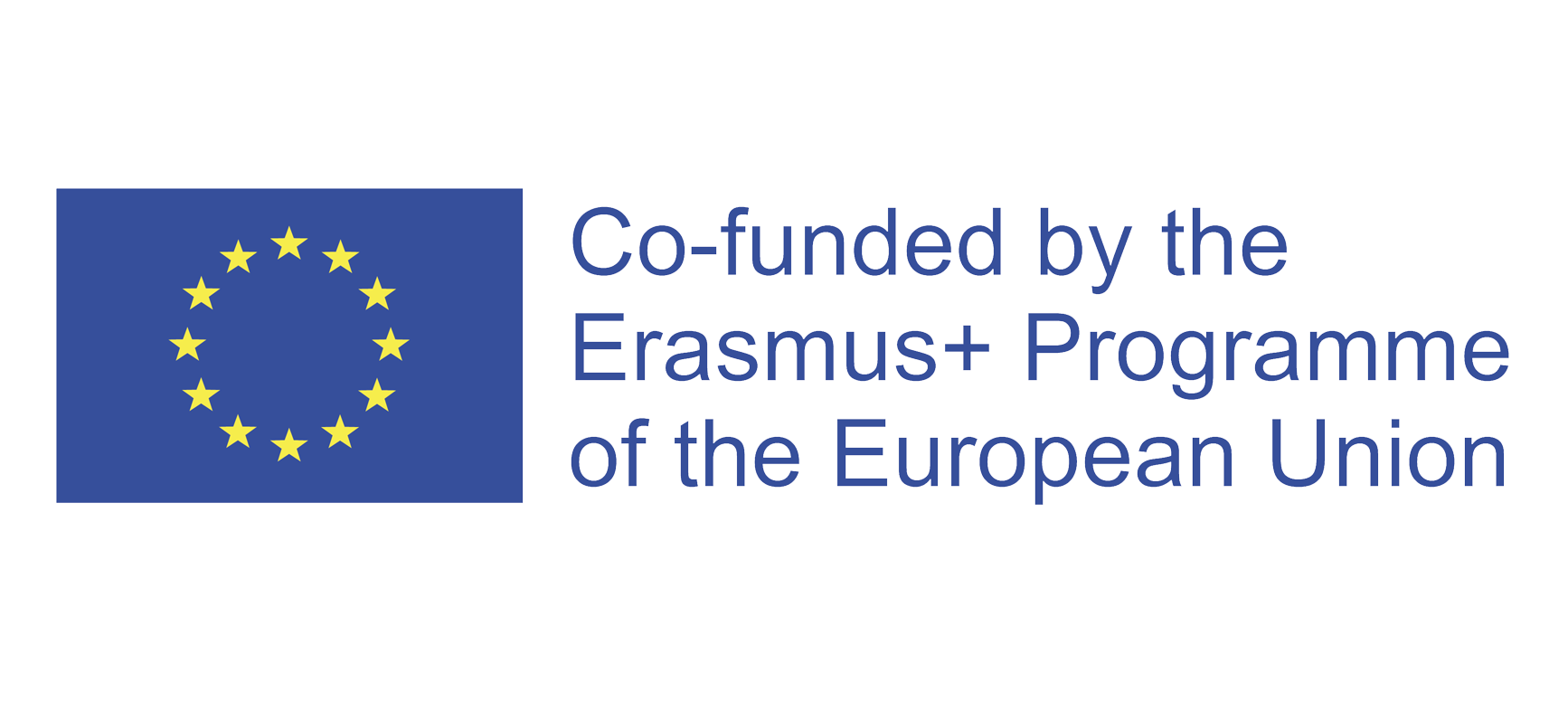FKZH
2022-09-14 10:10FKZH
The Faculty of Research and Development has as its mission the orientation of the entire university towards interdisciplinary and specific research strategies and topics, at the scientific and applied level.
Scientific research is led by the Scientific Research Department, which contains the Doctoral Program in Architecture and Urban Planning with a double degree with the University of Ferrara, as well as the Executive Master of Restoration in collaboration with the University of Ferrara. The research activity takes place at the program level within the faculty and inter-program and interdisciplinary, in cooperation with other departments and programs of the university.
Applied research is led by the Applied Research Department, which focuses on combining energy efficiency practices and information technologies on the one hand with architectural, urban, and cultural heritage artifacts and practices on the other. This department also contains two professional programs, that of Energy Efficiency and Maintenance of Computer Networks.
In accordance with the Statute of U_POLIS and the General Regulation, the staff acts in complete and independent academic freedom to provide the highest quality of teaching and increase engagement in scientific research. The department is the basic unit of teaching development and research-scientific work of the faculty, which includes related research fields and groups the respective teaching disciplines.
The Faculty of Research and Development also contains the Resource and Information Center, which is engaged in the management and expansion of scientific resources, as well as the publication of the University’s research work in periodicals such as Forum A+P and the OMB Series. Research areas and topics are designed through a comprehensive discussion between departments and university staff, through an active consultation with scientific research actors at home and abroad, as well as through an active and permanent search and update on international research practices and interests as well as contexts national where these practices can be applied.





